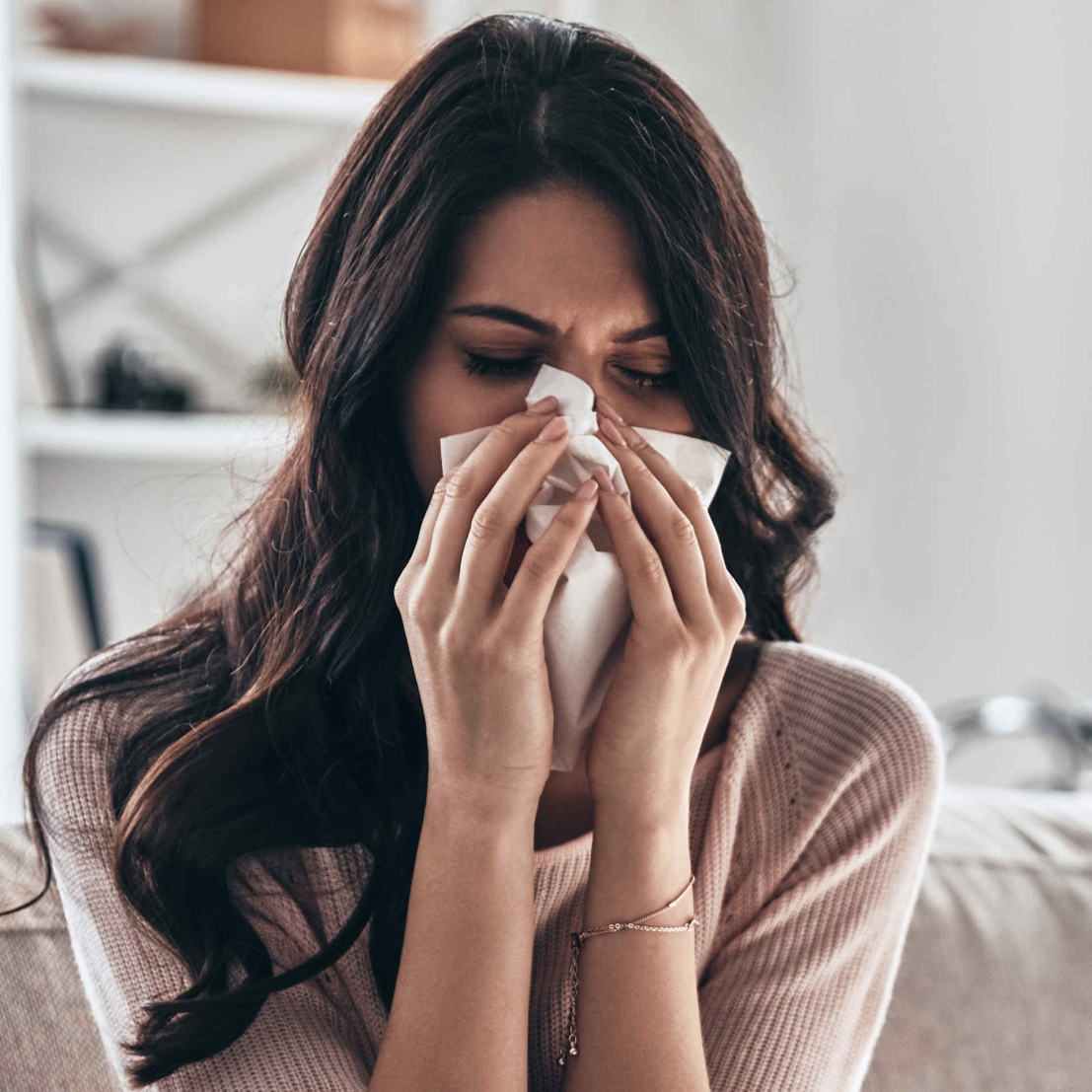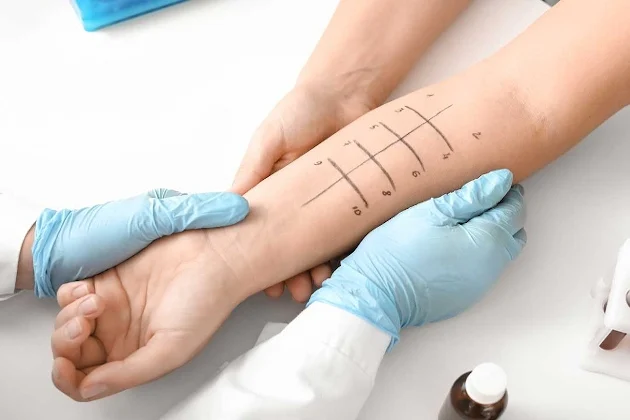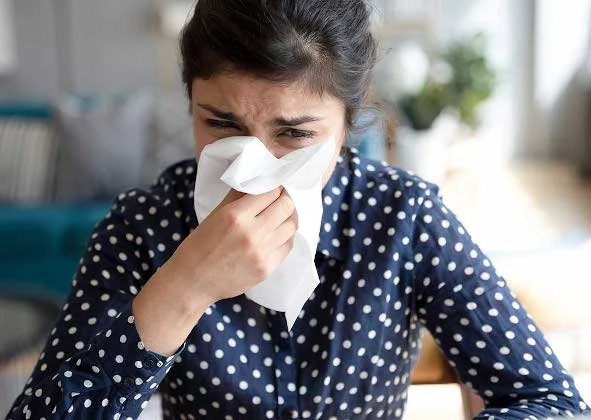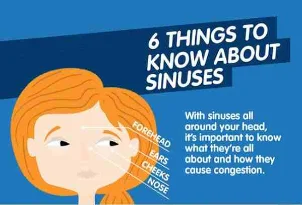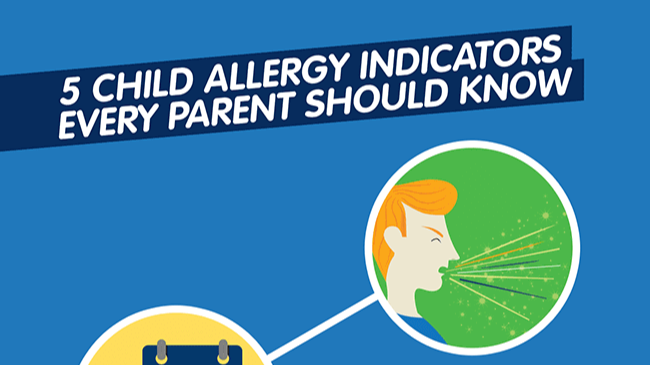1. Itchy, watery eyes
Airborne allergens come into direct contact with your eyes. Over 80% of people with allergies experience this symptom.
2. Runny nose
When allergens enter your nose, your immune system releases a chemical that can make the blood vessels in your nose swell and cause them to expand. This allows the fluid to come out into the nose as a thin, clear, watery liquid.
3. Sneezing
Your body’s reaction to histamine includes itchiness and swelling inside your nose and throat. As a result, there is irritation of your nasal passage and some obstruction in your ability to breathe through your nose. This will trigger nerves in your nose to send a signal to your brain to which it responds with your sneeze reflex to help clear the irritation or obstruction.
4. Itchy nose or throat
Itchy nasal passages are also a reaction to the release of histamine triggered by an allergen in your system. Histamine interacts with the nerves in the nasal passage which reacts by causing the itching.
5. Sinus congestion
If your allergies include upper respiratory symptoms – sneezing, itchy and runny nose – your sinuses may become swollen and blocked as the nasal passage branches into your sinuses, which make them prone to the same reaction as your nasal passage.
Cold Vs. Allergy Symptoms
Allergies are often confused with cold. The difference in symptoms between cold and allergies can be subtle, but the following highlights the primary differences between the two: 1
Symptom | Cold | Allergies |
|---|---|---|
Fever | Sometimes | Unlikely |
Body Aches | Sometimes | Unlikely |
Itchy Eyes | Unlikely | Yes |
Sneezing | Yes | Yes |
Congestion | Yes | Yes |
Runny Nose | Yes | Yes |
Mucus | Thick, Yellow/Green | Thin, clear |
While a cold may last anywhere from 7 – 10 days, allergies tend to last much longer and throughout the season, or when constantly exposed to certain environments. Cold symptoms also appear more gradually compared to allergies where symptoms may suddenly flare up.
Dealing with confusing symptoms can be problematic, especially when you are trying to figure out the most appropriate treatment for your condition. If you are still unsure of your symptoms, consult your doctor or local healthcare practitioner for further advice. When taking OTC medications, always follow the instructions directed on the label and never take the medications for longer than prescribed.
Speak to your doctor or pharmacist. To be sure this product is right for you, always read and follow the label.
Checkout Reactine® Products - #1 most recommended Allergy brand by doctors and pharmacists*
*based on IQVIA ProVoice Survey 2024
